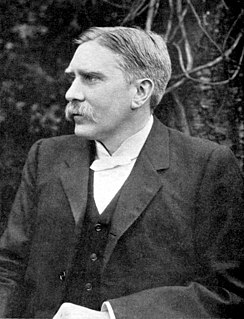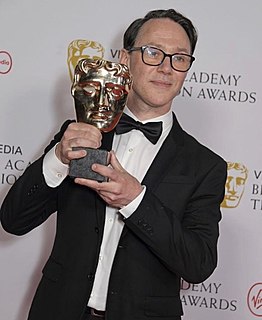A Quote by Laura Schlessinger
My best way of making someone admit to something's wrongness is to have them imagine that thing done to them. Suddenly then it all becomes clear.
Related Quotes
I've never done a kissing scene with someone even when you're friends. I mean that sort of even makes it weirder. If you don't know them or like them at all, you can kind of put some weird like ... I don't know. It's the strangest thing. Look at the person next to you and imagine making out with them now, while I film it.
In the short term, it absolutely feels devastating to break a bond of friendship. In the long term, it is the best possible thing. You're actually doing something noble and good if you do it in the right way. You can leave them with, "I wish you the best, but I have to take care of myself." Or you don't have to wish them the best. It's okay if you don't. Maybe they don't deserve the best. That's not up to you to decide. You not wishing someone the best is not going to make anyone's life not the best.
You know when sometimes you meet someone so beautiful — and then you actually talk with them, and five minutes later they're as dull as a brick. But then there's other people, and you meet them and you think: "Not bad, they're okay," and then you get to know them, and their face sort of becomes them, like their personality's written all over it; and they just — and they turn into something so beautiful.
It was one thing to make a mistake; it was another thing to keep making it. I knew what happened when you let yourself get close to someone, when you started to believe they loved you: you'd be disappointed. Depend on someone, and you might as well admit you're going to be crushed, because when you really needed them, they wouldn't be there. Either that, or you'd confide in them and you added to their problems. All you ever really had was yourself, and that sort of sucked if you were less than reliable.
If you've made a mistake, if you've made a blunder, admit it to yourself, and then go to the people affected by it and admit it to them, and tell them you're sorry. Full-heartedly and openly. The fact of the matter is, that people who do that make an enormous impression. It's the right thing to do. It's the moral thing to do.
The problem has to be answered by means of art, because you can't blast them with bliss. Tat freaks them out even more. So instead, you have to have an artful way of approaching them. You do a dance for them, you get them to imagine being interconnected, and to imagine being free of their suffering, and not so self involved, through art that draws them out. Then you, and they, are all established in what's called a Buddha-verse, or Buddha-land
The argument culture urges us to approach the world - and the people in it - in an adversarial frame of mind. It rests on the assumption that opposition is the best way to get anything done: The best way to discuss an idea is to set up a debate; the best way to cover news is to find spokespeople who express the most extreme, polarized views and present them as 'both sides'; the best way to settle disputes is litigation that pits one party against the other; the best way to begin an essay is to attack someone; and the best way to show you're really thinking is to criticize.
ISIS rules Muslim apostates every day and then beheads them. Poorly educated guys get Islam for Dummies, petty criminals who think they're suddenly changing their lives because they see the light. The best way to fight them is to show them they don't know Islam at all, and that they are in fact working for the other side.
What we get in punk these days is the "anti-anti": Someone comes up with something, then the next generation is against that, and then the next generation is against that, and then that thing becomes a problem. There's these layers of anti-, and so many of them are just so self-serving. It's not about larger freedom.






































